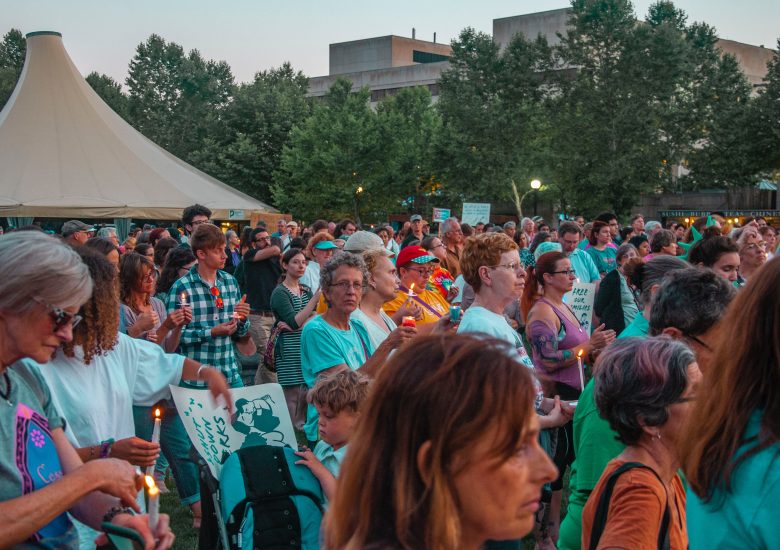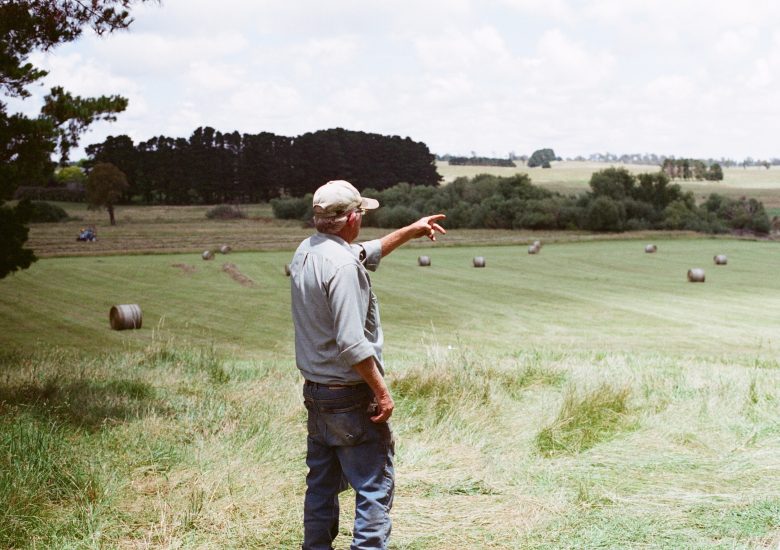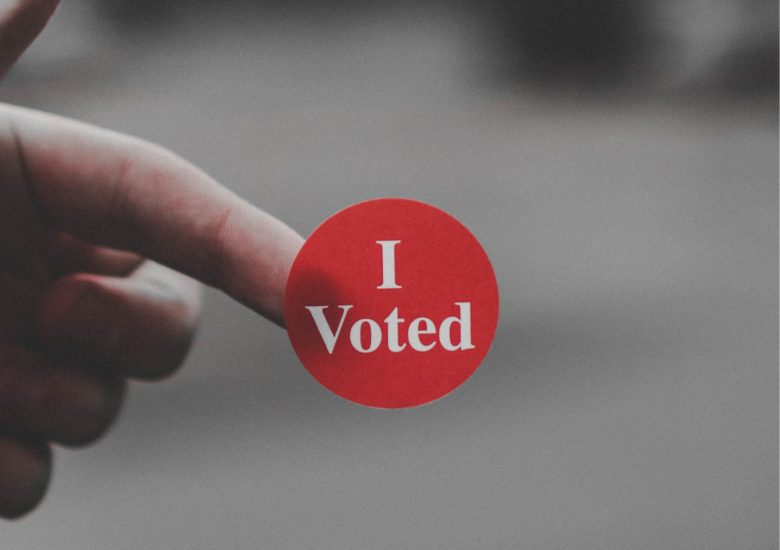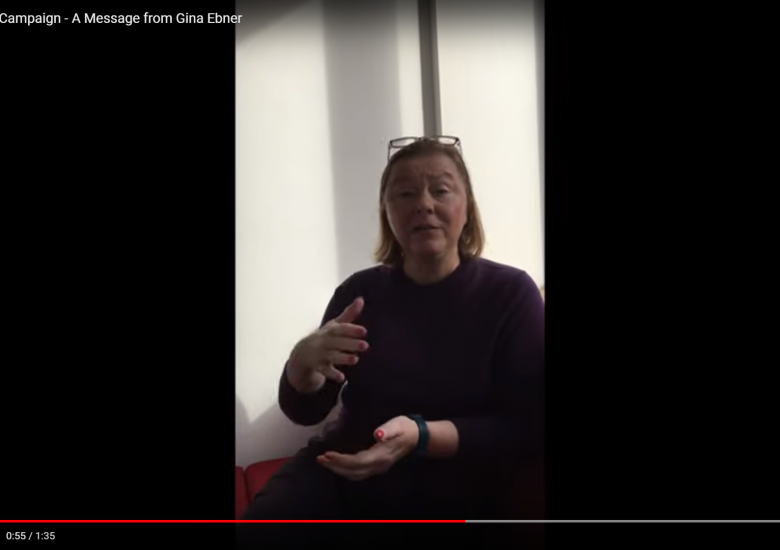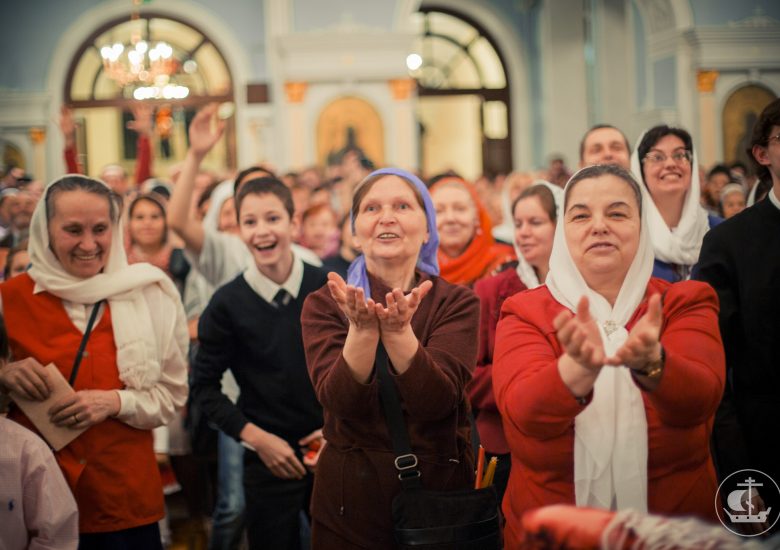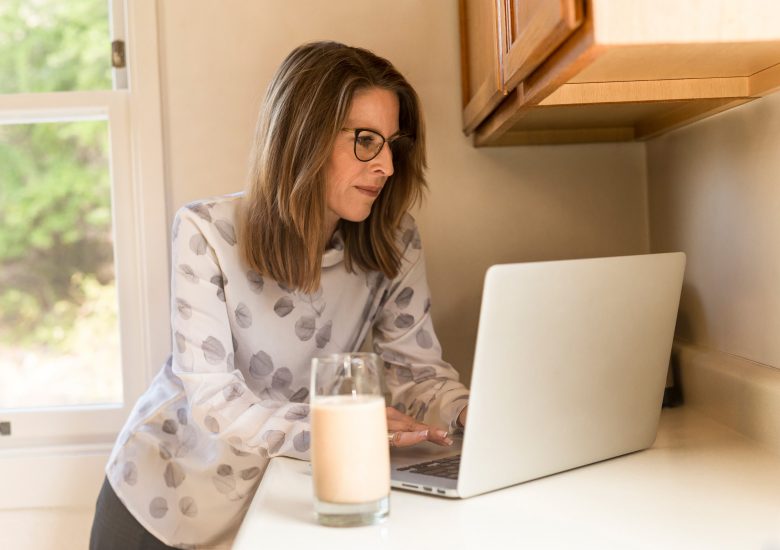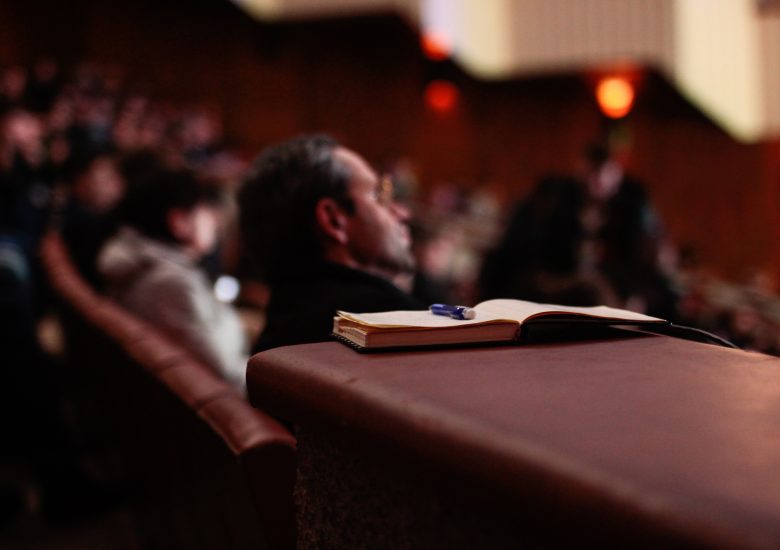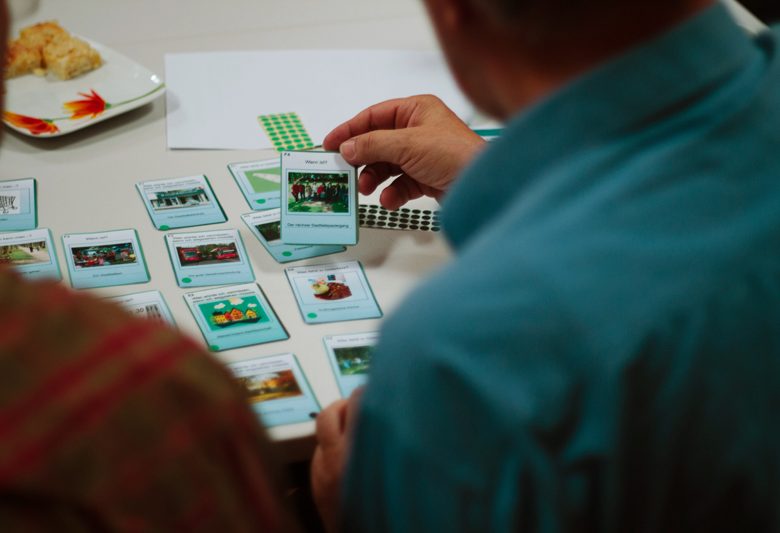Increased healthy life expectancy has brought opportunities for older people to contribute to society, including outside work. But the idea of ‘active ageing’ does not necessarily extend to the ‘oldest old’ who continue to face societal stereotypes.
In this new narrative, the third age is pictured as a period of good health and intense societal participation, whereas the fourth age represents the beginning of frailty and the surrender into decline and decay. Creating distinctions between a third and fourth age reinforces the injunction to “stay forever young” while it creates a more severe form of ageism for those in the fourth age. Older persons’ participation to society is understood as a necessary criterion of one’s successful ageing.
Yet this participation of older persons is often hindered by internalised ageist stereotypes and discriminatory practices restricting social opportunities for older adults. Think of trainings for example: older adults, especially those who are no longer of working age are denied access to educational opportunities and trainings.
At the same time, many people are fit and willing to work longer, provided a number of conditions are met: sound occupational health and safety rules, access to life-long learning opportunities, policies that allow the combination of work and care, and the combination of part-time pensions with part-time work, provision of cultural, social and animation work when people are most at risk of becoming inactive, etc.
Situating ageing in a framework of success and failure contributes to the exclusion of “the old, infirm, and dying”, resulting in a self-fulfilling prophecy where the participation of the most vulnerable old people becomes impossible, leading to reduced social engagement, and increased late-life loneliness. Digitalisation can further reinforce the exclusion of older people as older people are more likely than other age groups to live in rural areas, have older equipment and lack the necessary digital skills to keep up with the most recent developments.
Challenging ageism would permit society to more fully benefit from the competences, experience and worth of older people. This untapped potential is huge with an increasing number of older people in capacity to take part in volunteer work, coaching and mentoring, caring for their grandchildren or family members in need of care, etc. Against all stereotypes, active ageing does not even stop as people become very frail: a collection of practices has shown that people over 80 stay active even when living in long-term care settings.
Beyond working and volunteering, older persons must be recognised as full citizens with political rights to take part in the government of her/his country, directly or through freely chosen representatives. Unfortunately, reports have shown the struggle it may be for some older persons to exercise their right to vote as polling stations are not necessarily accessible or because nothing is organised for people living in institutions to go to vote on election days.
This theme covers ageism and participation. Read the blog posts of our partners, testimonies, and add your voice by using the hashtag #AgeingEqual or submit your own stories online.
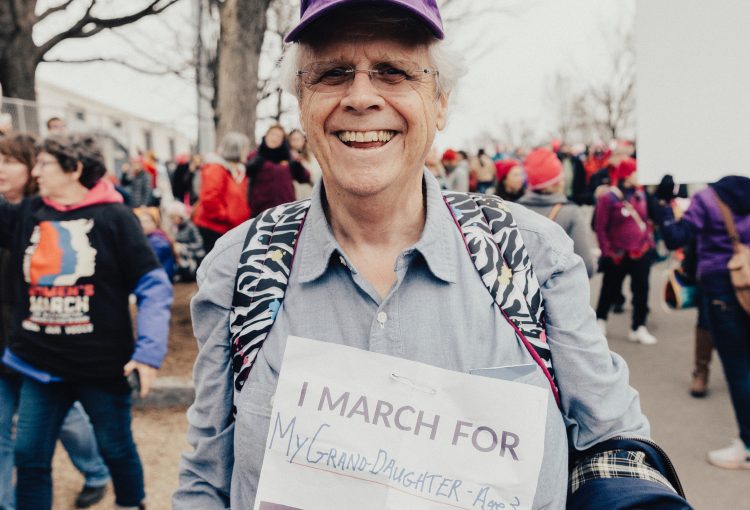
Green, 61, told other nursing home residents at a luncheon held last month in Washington, D.C.


